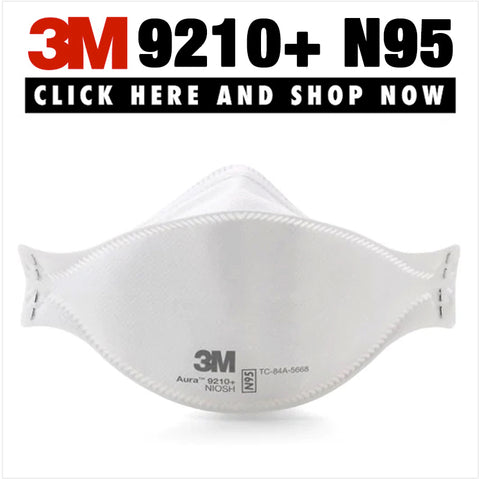Can Face Masks Help Prevent Flu And RSV Transmission, too?
Posted by S. Kit on
Face Masks have become a common sight in many public places as a means of preventing the spread of COVID-19. However, the use of face masks is not limited to just this one virus. They can also help prevent the transmission of influenza and respiratory syncytial virus (RSV).
In this article, we will explore the ways in which face masks can help prevent the spread of these viruses, as well as other preventive measures that can be taken to keep yourself and others safe.
Influenza, commonly known as the flu, is a highly contagious respiratory illness caused by the influenza virus. Symptoms can include fever, cough, sore throat, body aches, and fatigue.
Read more: Why COVID Makes You Tired
The virus is spread through droplets that care expelled from the nose or mouth when an infected person talks, coughs, or sneezes. These droplets can then be inhaled by those nearby, or land on surfaces that can be touched and then transferred to the eyes, nose or mouth.
Respiratory syncytial virus (RSV) is another highly contagious virus that can cause respiratory infections. It is most common in infants and young chidlren, but can also affect adults. Symptoms of RSV include runny nose, cough, and fever. Like the flu, the virus is spread through droplets that are explled when an infected person talks, coughs, or sneezes.
One of the most effective ways to prevent the spread of influenza and RSV is through the use of face masks. A face mask acts as a barrier to prevent droplets from being expelled by the wearer from reaching others. When worn correctly, a mask can help reduce the spread of theses viruses. However, it is important to note that masks alone may not provide complete protection and should be used in conjunction with other preventive measures such as washing hands, frequently, avoiding close contact with sick individuals, and staying home when feeling unwell.
Read more: Why N95 Masks Are The Best
The Centers for Disease Control and Prevention (CDC) recommends the use of face masks for people who are at high risk of severe illness from influenza and RSV. This includes people who are 65 years of age or older, people with certain underlying health conditions, and people who live with or care for others who are at high risk. The CDC also recommends that people who are sick with influenza or RSV should wear a mask when in close contact with others to prevent the spread of the virus.
When choosing a face mask, it is important to select on that is made of breathe-able fabric, and is multi-layered, and that fits snugly against the face without gaps. The mask should be replaced regularly, and hands should be washed before and after handling the mask.
Another important preventive measure that can be taken to prevent the spread of influenza and RSV is to practice good hand hygiene. This includes washing your hands frequently with soap and water for at least 20 seconds, especially after being in a public place, blowing your nose, or coughing or sneezing.
Read more: Wear A Mask When COVID Spikes
If soap and water are not available, an alcohol-based hand sanitizer can be used. It is also important to avoid close contact with people who are sick. If you are sick, it is recommended that you stay home and void contact with others to prevent the spread of the virus. If you must be in public, it is important to wear a mask and practice good hand hygiene.
Finally it is important to get a flu shot every year to protect yourself and others from influenza, or the flu. The flu shot is safe and effective, and can help reduce the number of hospitalizations and deaths from influenza. The CDC recommends that everyone 6 months of age and older get a flu shot.
In conclusion, face masks can be an effective preventive tool in preventing the spread of respiratory infectious diseases.
← Older Post Newer Post →


